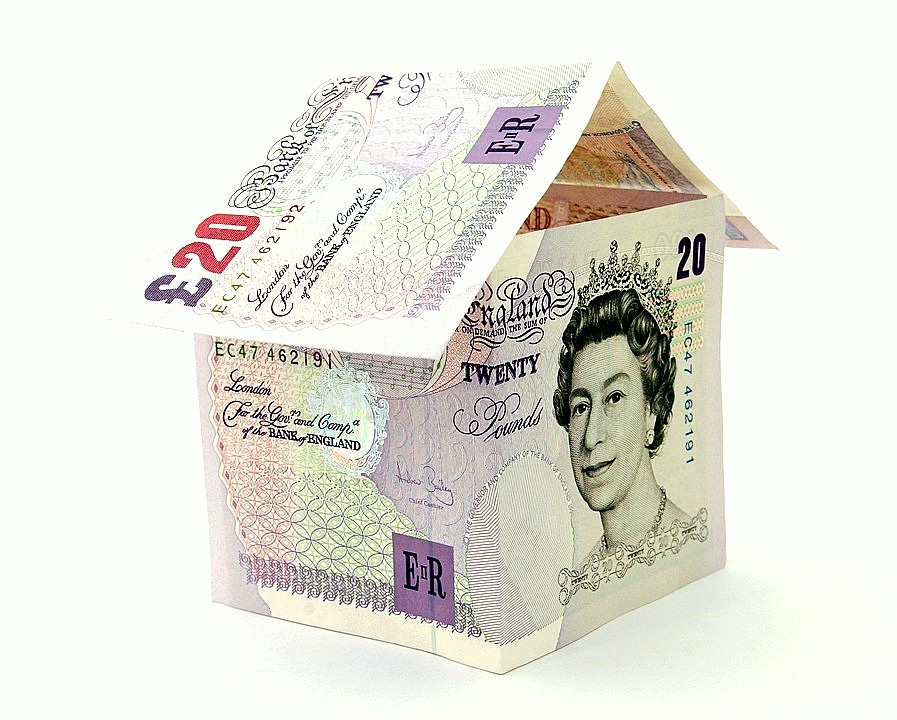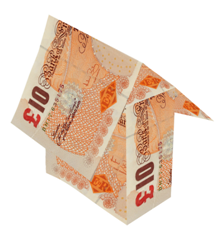 There are many different ways to get involved in property investment. Residential real estate needs a different approach for every individual. To succeed, you will need to identify and address your own goals, needs, and circumstances in order to achieve your property investment aspirations. Along with this more individual approach, there are some important rules of thumb that you will need to learn too. These rules can help you to make your journey more successful and to reach your investment goals. Here are the rules to grow a property portfolio.
There are many different ways to get involved in property investment. Residential real estate needs a different approach for every individual. To succeed, you will need to identify and address your own goals, needs, and circumstances in order to achieve your property investment aspirations. Along with this more individual approach, there are some important rules of thumb that you will need to learn too. These rules can help you to make your journey more successful and to reach your investment goals. Here are the rules to grow a property portfolio.
An investment property is one that has been purchased in order to generate a return on investment. People can benefit from investing in property either by earning regular rental returns or by getting returns from the future resale of the property after it has grown in value.
 A property investor is someone who buys one or several different properties with the intention of renting them out or selling them for a higher value. Many people invest in properties alongside their full-time jobs, but it can become a career in itself if you’re successful enough at it.
A property investor is someone who buys one or several different properties with the intention of renting them out or selling them for a higher value. Many people invest in properties alongside their full-time jobs, but it can become a career in itself if you’re successful enough at it.
Those who are interested in investing in properties can get started in a few different ways. You might choose buy-to-sell property, or you might prefer buy-to-let. Buy to let is when you buy a property in order to let it to a tenant, which is a very popular and very common strategy for property investment.
If you don’t consider buy-to-let, then you will miss out on the potential for returns that will last a long time, over getting just one payment from selling a property. If you’re new to property investment, then you don’t overlook buy-to-let options.
 Plot Your Course and Stay On It
Plot Your Course and Stay On It
This first step is essential if you’re going to make it in property investment. Find a strategy that suits you, the risks you’re willing to take, the goals you’re setting, and the time frame that you have to work with.
Stay away from any kind of get-rich-quick scheme. Good property management advice tends to lean more towards a slow and steady approach to lead to success.
Slower plans might not seem as exciting, but beginners are better to consider:
- Buy and hold. This involves leveraging equity and time. During an acquisition phase, add high growth, quality assets to your portfolio. Hold into those assets for the long-term to allow your capital gains to give you extra equity for your next investments. When you’ve built a substantial portfolio of assets, you can then move into a cash flow stage.
- Buy, renovate, and hold. This allows you to manufacture capital growth, and grow your portfolio more quickly. You can do this by buying properties that need doing up in an already desirable location. Improve these properties to increase your capital and rental value.
 Establish A Peer Network
Establish A Peer Network
It’s always wise for new investors to surround themselves with more experienced professionals.
When you start out, you will definitely need an accountant, solicitor, finance broker, property strategist, and a mentor, all with experience in the property industry. It’s also important to connect with other like-minded individuals who are also starting out in the world of property investments.
Networking is essential these days. You can get started on social media, through forums and blogs on just about every topic you can imagine on real estate.
Many experienced property investors are happy to make connections with new investors online and are willing to share their mistakes, successes, and learnings. The easiest way to reach out is through LinkedIn. You can also meet like-minded people at seminars, shows, and presentations.
Just remember to take all the advice you get with a pinch of salt, and only take the good advice that works for you.
 Crunch The Numbers
Crunch The Numbers
It’s essential that you have a good financial footing when you first start out in property investment.
Run your numbers based on today’s interest rates. Account for future upward adjustments of at least two percentage points, and then run your numbers again. When interest rates are low, many new investors are tempted into the market. If you’re going to do this, you need to calculate whether or not you can afford to keep your assets when interest rates go back up.
Know Your Target Market And Give Them What They Want
Property investment is a business. For this reason, you need to know what your target demographic is if you’re going to be able to ‘sell’ them your product.
Tenants pay your rent and assist with your very important cash flow to keep your portfolio going, but owner-occupiers are the driving force in the market and who determines the value of your investment property.
When you buy an investment property, you need to be fully versed in who the tenants and homebuyers are likely to be in the location you’re considering.
From there, you need to choose the right property that will appeal to these groups, so you can maximise your long-term gains.
For example, if you want to buy in an area that is popular with growing families, it wouldn’t be a smart investment to buy a one-bedroom apartment.
 Learn How To Negotiate And Learn About The Purchasing Process
Learn How To Negotiate And Learn About The Purchasing Process
Good negotiation skills are not only about the final price that you sell for. You also need to understand various contract terms, as this is a very important part of property investment.
In the world of property, everything is negotiable. As well as the purchase price, you can negotiate the deposit, settlement terms, and anything left in the property.
Of course, everything is potentially negotiable, but try not to get carried away. It can be easy to complicate the deal too much and end up actually losing out on a good buy by making your offer too unattractive to a potential buyer.
Capitalise On Property Investor Tax Perks
You should be investing for capital growth, but cash flow is a very important part of any strong property investment portfolio. Without a healthy bottom line, your entire asset base is at risk.
This doesn’t mean that you should invest in a cash flow positive properties. Instead, one of the ways that you can maximise your cash flow is by taking advantage of some of the income tax incentives that are available to those who invest in residential real estate.
Speak to your accountant to make sure you can maximise the legitimate tax deductions available to you, as well as any depreciation allowances.
 Don’t Make It Personal
Don’t Make It Personal
Most of us have felt emotional about a property in the past, especially about our own homes, where we make memories, but don’t have any experience in making a purchase of property purely for financial reasons, and not emotional ones. This can make property investments harder than you might think.
If you’re going to be able to invest in a more strategic manner then you will need to learn to take your emotions out of the purchasing decisions.
Purchasing investment properties is not about your personal taste, and should instead be about appealing to the right target market. You need to learn to see housing and real estate as a commodity that has the potential for profit and revenue.
Remember that property investment is essentially a numbers game. Approach your investment decisions with sound, sensible logic. Develop a detached eye, so you can be objective and base your decision making on an investment strategy that aligns well with you, where you are, and where you want to be after your portfolio develops. By doing this, you can make your investment beginnings get you well on the way to a successful property portfolio that will earn you money.
To be successful as a property investor, one of the best pieces of advice you can take on is to aim to grow a very diverse portfolio of property. A property portfolio that is made up of a variety of property types is a lower risk than a portfolio with less diversity. It also means you can increase your potential cash flow significantly.
A successful investor, especially of buy-to-let properties, will have spent time studying the housing market and will have come to a clear idea of the ideal locations that will offer the highest potential returns. By doing this, you will have a better knowledge of the best property investments when building your wider portfolio and will be much more likely to succeed.
If you’re smart about it, it is entirely possible to get rich by investing in property. If you’re going to make enough to live on like this, then you will need to take the right steps to make sure that your money can go further by building an effective property portfolio. Don’t go into property investment expecting to get rich overnight, but over time as your skills grow and your portfolio develops, investing in the property market can significantly boost your income and can be developed into your full-time career.
You must log in to post a comment.